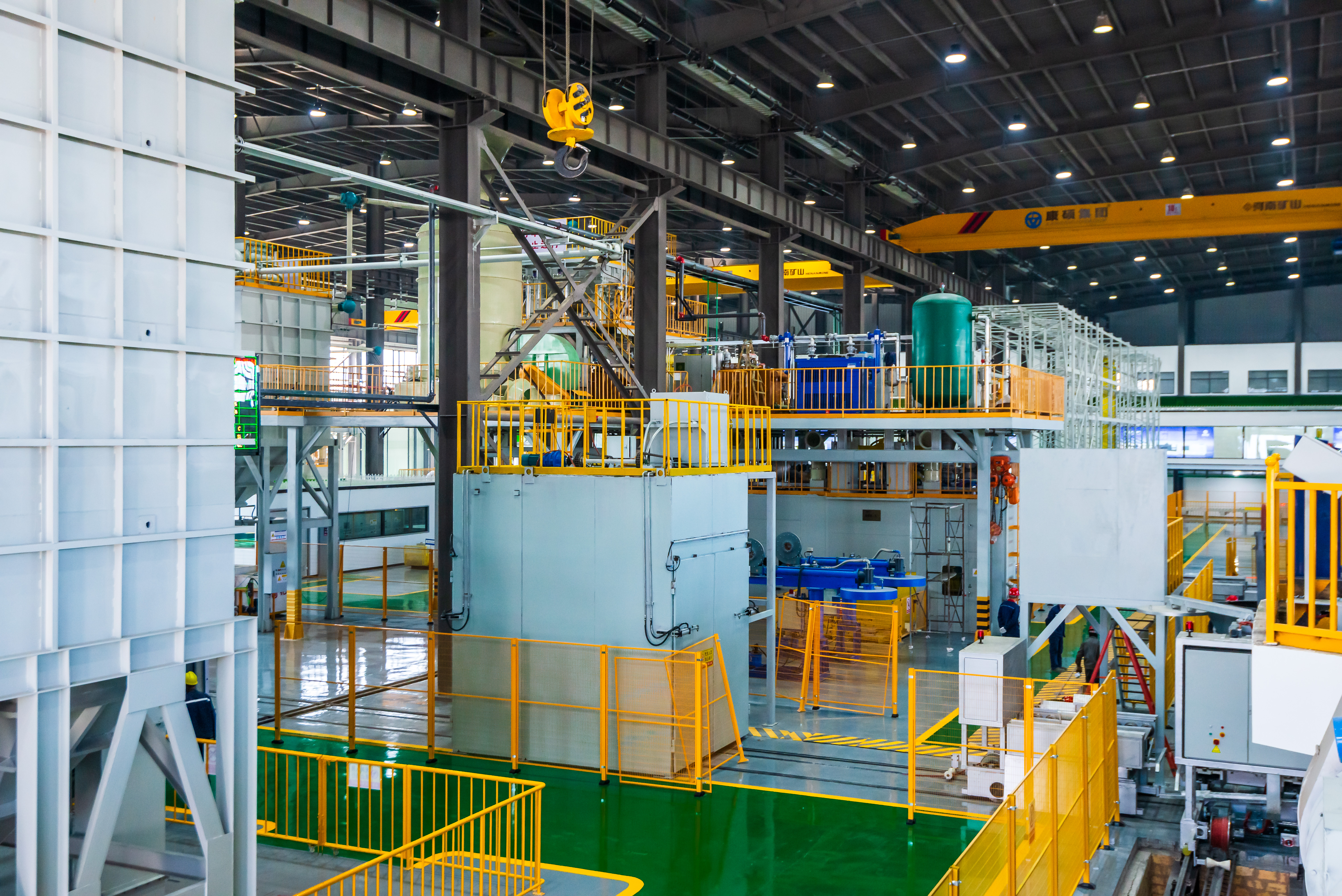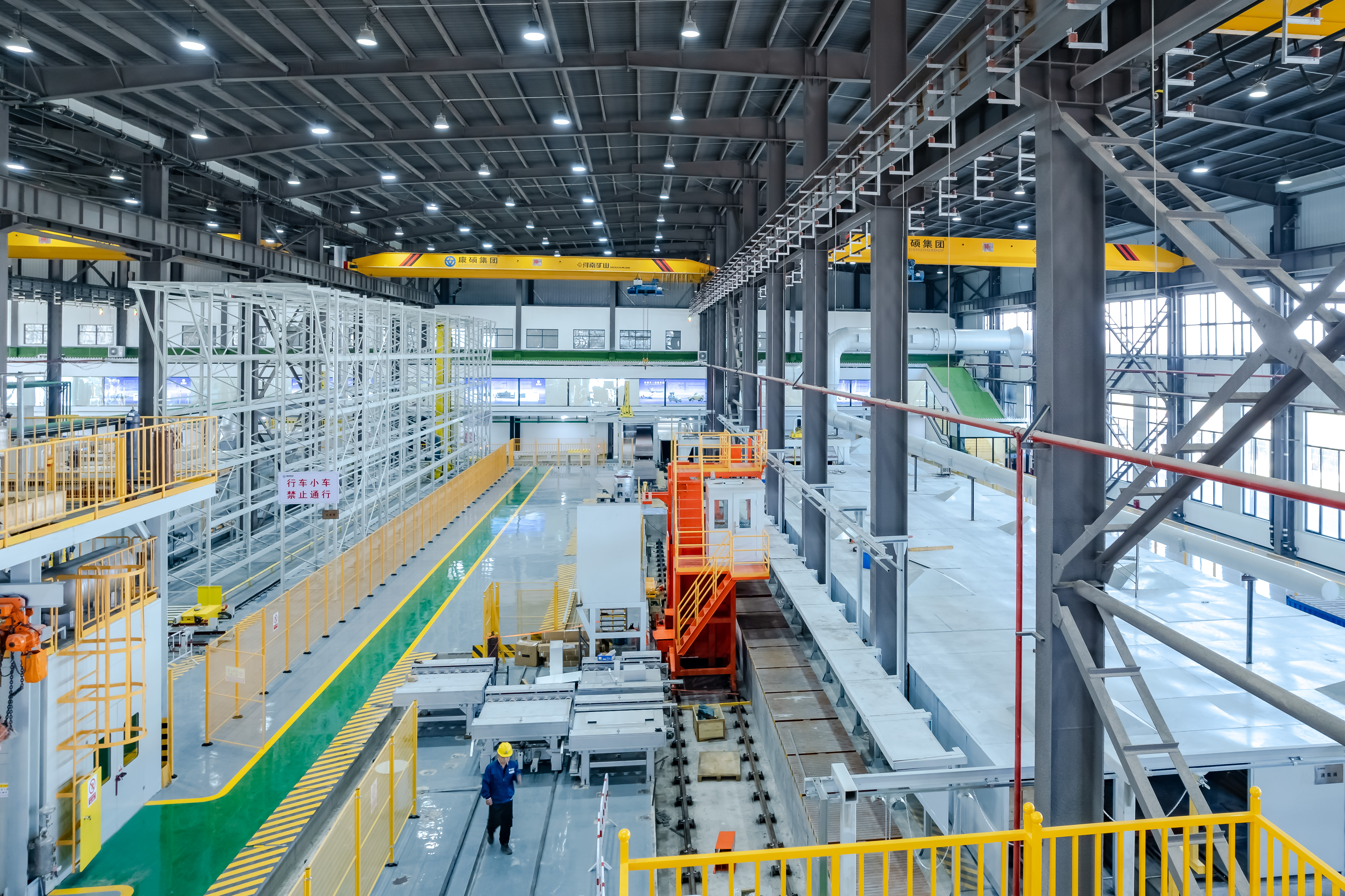steel ingot casting
Steel ingot casting represents a fundamental process in metal manufacturing, where molten steel is poured into molds to create large, solid blocks called ingots. This critical manufacturing step involves carefully controlling temperature, chemistry, and solidification conditions to produce high quality steel products. The process begins with melting high grade steel in furnaces at temperatures exceeding 2,700°F (1,482°C). The molten steel is then carefully poured into specially designed molds, often made from cast iron or graphite materials. These molds are typically tapered to facilitate easy removal of the solidified ingot. During solidification, precise cooling rates must be maintained to ensure proper crystal structure formation and prevent defects. The resulting ingots serve as intermediate products that can be further processed through forging, rolling, or other metalworking operations to create finished steel products. Modern steel ingot casting incorporates advanced technologies including automated pouring systems, temperature monitoring equipment, and computerized process control to maintain consistent quality. The versatility of this casting method allows for the production of ingots in various sizes and shapes, typically ranging from several hundred pounds to over 100 tons, making it suitable for diverse industrial applications including heavy machinery manufacturing, construction, and specialized steel production.


